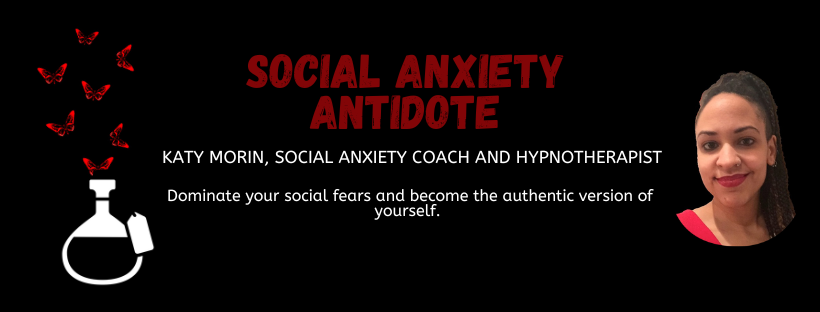Social anxiety is a disorder where one has an unreasonable and intense fear of being scrutinized or judged by others in social situations. It’s a problem that can affect us all, but people with social anxiety tend to experience its symptoms more intensely.
1. Practice thinking positively.
It can be hard to imagine a situation going well when you have social anxiety. We’re so used to focusing on what could go wrong that we don’t always think about the positive things that could happen. And this tends to make us worry even more.
We need to learn how to shift out of our negative mindset and into a more positive one. I’m not saying you should be overly optimistic or ignore all your concerns. Still, it’s helpful to spend some time thinking about positive outcomes when feeling anxious or stressed about a situation. For example, if you have a presentation coming up where you’re nervous, try to think of positive outcomes, such as having a good time with the people in your group.
2. Recognize that it’s just anxiety.
When we feel anxious, our brains signal that a critical need is not being met. For example, if we were about to climb on top of a 12-foot ladder and felt very anxious about it, it’d be because our brain was telling us that our safety was not guaranteed if we climbed up there. However, when we feel anxious in social situations, this is not because there is any danger for us.
Social anxiety is different from other kinds of anxiety; it’s usually about preparing for social situations in which you might be scrutinized and judged by the people around you. These fears exist, but they are not real. And the sooner we realize that the easier it is to see through them and return to a more positive mindset.
3. Consider other people’s viewpoints.
When we’re anxious, we tend to think only about what we believe ourselves to be at fault for or how we feel the situation is going for us. This can make it easy to think that we’re the only ones who feel this way, especially when people around us appear confident.
It’s helpful to ask others in the social situation to describe their feelings when they feel anxious. By doing this, you’ll probably hear a lot of similar feelings and thoughts. Remember that everyone has social anxieties and that these feelings are normal and something you need to work through.
4. Turn your attention to the situation.
We commonly experience some difficulty with our attention when we have social anxiety. This is caused by a combination of things, including our own thoughts and feelings. We might think, “This is awful; I’m so worried about it.” or “If I look at anyone else’s face, they’ll know I’m anxious about this.” In this situation, we must focus on the present moment, the event itself.
5. Practice small steps toward the outcome you want.
It takes time to learn how to be confident when you have social anxiety and to accept your emotions instead of trying to fight them. It can be helpful to think of small steps we can take while feeling anxious to lead us toward our desired outcome. For example, if you have a presentation you’re nervous about, think of the smaller steps to get there: giving your talk in front of one person at a time instead of the whole group. Knowing where you need to begin can give you confidence that the process is manageable and that feeling anxious is normal.
The next time you feel anxious about a situation, try to focus on these techniques and know that it’s something we all experience from time to time. The more we practice them, the stronger our self-confidence becomes.

